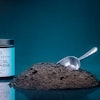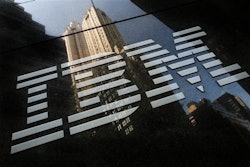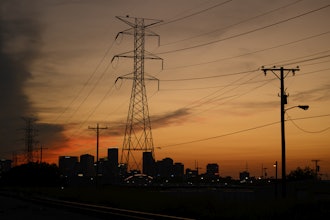
This article originally appeared in the January/February 2014 print issue of Food Manufacturing.
These are exciting times for the bottled water industry. Bottled water sales and consumption continue to grow and we expect this trend to continue. Bottled water consumption and sales growth in the United States in 2013 build on 2012’s strong performance as consumers continue to make their voices heard in the marketplace. Preliminary 2013 data from Beverage Marketing Corporation (BMC) indicates that total U.S. bottled water consumption increased to 10.1 billion gallons, up 4.3 percent from 2012. In addition, per capita consumption is up 3.3 percent in 2013, with every person in America drinking an average of 31.8 gallons of bottled water. Bottled water sales increased by 4.1 percent, now totaling $12.3 billion.
When compared to other packaged beverage categories, it becomes clear that bottled water’s growth can be attributed to a ‘shift-in-consumption’ trend, with the soft drink category experiencing its eighth consecutive year of volume loss. Beverage Marketing Corporation CEO Michael Bellas predicts that bottled water could overtake soda as America’s most popular packaged beverage within the next decade. Bottled water is currently the No. 2 beverage product. According to BMC’s Gary Hemphill, senior vice president of information services, “All signs point to U.S. consumers’ already displayed thirst for bottled water continuing in the years ahead. Changes in per capita consumption indicate persistent interest in a product that consumers embrace as a healthful alternative to other beverages.”
There are many reasons for consumer enthusiasm for bottled water, including its association with healthfulness, convenience, safety and value. In addition, many consumers prefer the taste of bottled water. Bottled water in the U.S. is comprehensively regulated by the Food and Drug Administration as a packaged food product and it provides a consistently safe and reliable source of drinking water. By federal law, the FDA regulations governing the safety and quality of bottled water must be at least as stringent the as Environmental Protection Agency standards that govern tap water. And, in some very important cases like lead, coliform bacteria and E. coli, bottled water regulations are substantially more stringent.
IBWA released a water use ratio study in 2013, showing that the amount of water used to produce bottled water products is less than all other types of packaged beverages — on average, only 1.39 liters per liter of finished bottled water, and that includes the liter that is consumed.
Bottled water recycling rates are also increasing. At nearly 39 percent, the recycling rate for single-serve PET plastic bottled water containers (16.9 oz./half-liter) has more than doubled between 2003 and 2011. And bottled water bottles are the most frequently recycled PET beverage containers in curbside recycling programs.
All bottled water containers are 100 percent recyclable and PET plastic bottled water bottles also use less plastic than any other packaged beverage. Between 2000 and 2011, the average weight of a 16.9-ounce PET plastic bottle declined 48 percent, saving 3.3 billion pounds of PET resin since 2000. Many bottled water companies are already using recycled plastic in their bottles and some are producing 100 percent recycled PET water bottles.
Despite activist efforts to ban or restrict the sale or purchase of bottled water, the sales and consumption of this safe, healthy and convenient product continue to grow. For many, bottled water is a critical alternative to other packaged beverages, which are often less healthy. Drinking zero-calorie beverages, such as water, instead of sugary drinks is regularly cited as a key component of a more healthful lifestyle. Promoting greater consumption of water from all sources, including bottled water, will support the efforts of consumers striving for a healthier lifestyle.























